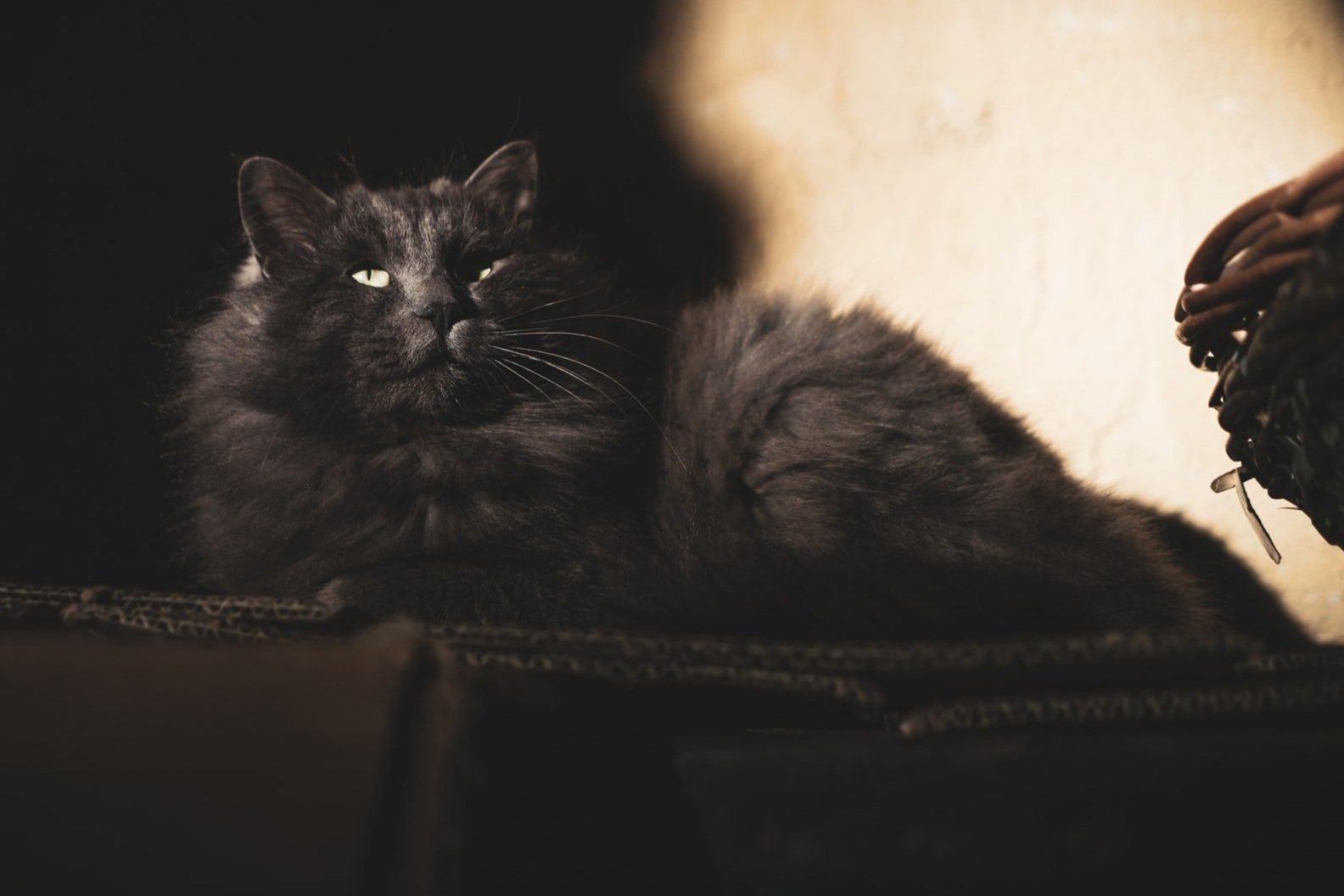When the dream kitty gives you nightmares
“My house is infested with fleas and mites”
“ My children got ring worm from the kitten I got at the shop”
” I saved forever and bought a pure breed kitten from a shop and now I am told it is a muggy”
“My kitten is always sick”
“We had to put down our Kitten”
New Kitten owners all over the world experience the above , their dreams of having a tiny healthy kitten replaced by the reality of vet bills and sleepless nights.
The above statements are common when purchasing a pet from a store or a backyard breeder. More often then not, a store may just be a front that exploits buyers and sellers where the ultimate victim is the pet .
Being a responsible pet owner starts from exercising due diligence and patience. Sometimes however, even the best of us succumb to the ease of getting a pet from a pet shop and endure the horrors of the above.
Visiting a shelter or rescuer and adopting a pet is the noblest thing a pet owner can do. However if you are a cat allergy sufferer or may require relocation due to work or study commitments, adoption sometimes isn’t an option.
A pet is for life and getting one that you will be able to live comfortably with and provide for without unknowingly contributing to an illicit trade is important.
Certified Pedigree - Not a status symbol
If your pet is not from a shelter and does not have a Certified Pedigree you have unknowingly contributed to Backyard Breeding. A receipt from a store is does not protect you from such activity.
Ask friends to show you their documents for their pedigree cat, regardless of which association they are registered with and immediately, a common contractual term in every one states that no pet shall be sold or gifted to a shop. How then do pet shops not affiliated or owned by registered breeders come about their pure breed cats?
The answer is glaring simple. They don’t .
Prevent yourself from a nightmare situation, get kittens from Registered breeders.
Registered Breeders
A registered breeder is a person who breeds cats and is a member of one of the numerous cat registering bodies. They only acquire and breed pure bred cats according to the recognised standards.
Their Cats are tested and certified with breeding rights. They have mentors, vets and resources at their disposal to cope with the challenges of kittening. Nightmare situations are significantly reduced when kittens are from experienced, ethical Registered Breeders. They will gladly advice you on your kitten and its family history .
Where possible look for breeders that breed for show, instead of just the pet industry . These breeders generally preserve their brood in better health as they are subjected to more stringent screening when acquiring show breeding cats. Their cats and graduates come with the necessary papers that allow your kitten or cat to participate in competitions should you choose to. The cattery consist of cats with titles and have graduates that continue to compete and gain titles and glory for their cattery and their forbearers.
Anyone else is considered a backyard breeder (BYB).
Siberian or Domestic Semi-long hair ?
Why should I care if I got my pet comes from a BYB?
Buying from a backyard breeder supports the unchecked breeding of animals. These breeders have no rules and guidelines to follow. They can do as they please, regardless of the health of their animals and often keeping them in less then desirable conditions. High incidences of death, abandoned kittens and cats as well as disease outbreaks are caused by BYB.
They see cat breeding as a way to make money, because they see kittens in pet shops selling for high prices or have secured agreements to supply to pet shops. To many of these people, the cats are a commodity, not a pet. They do not have the necessary know how and support , put minimal effort and care in the maintenance of the animal and often the poor cat is kept in cages and breed too young and too frequently.
Registered breeders take pride in their kittens and would not knowingly allow their kittens to endure such a fate. Sometimes backyard breeders may have a purebred cat/s. In such instances , their cats may have originally come from a registered breeder who sold the kittens as pet only and would not release papers as they found that new owners do not have the proper knowledge or support to formally run a cattery.
At other times the owners were likely found to have flouted contractual or association rules and were removed from the association. There are also instances of lost / stolen purebred kittens and cats that ended up in the wrong hands.
In certain breeds, cats that are deemed unsuitable for breeding may carry a recessive gene and catteries working to irradiate such genes will not allow those cats to pass their genetic traits on.
These cats are sometimes used by BYB that don’t understand the lines and the importance of the decision not to the breed the animal. This results in many new generations of potentially sickly or short lived kittens.
The absence of pedigree also makes inbreeding occurrences and their resultant complications much higher.
Complications from inbreeding include but are not confined to:
Weakened immune system
Deformities
Cancer
Shortened life span
Which results in more vet bills and less joy from having a pet.
We urge owners to refrain from purchasing a pet from persons who, due to ignorance, lets their female cat have a litter before spaying.
They usually do not have the know how on proper kittening and care techniques or were unaware and allowed a immensely young cat to roam.
A roaming young cat is subjected to fights and may pick up parasites and diseases.
When such kittens are purchased, vets sometimes recommend running a barrage of blood test on the kittens at an early age to spot possible issues that may manifest at a later age.
Such test usually involve taking large tubes of blood and could cost upwards of $500.
Backyard breeders often release their kittens to shops or new owners at eight weeks or younger, due to the lack of understanding on how crucial mothers are to their kittens in the first 13 weeks of their lives.
Registered Breeders will never allow their kittens to leave for new homes prior to 13 weeks of age. Experience and association rules prevent it. Registered Breeders are aware of health risks to kittens and are immediately aware when a situation warrants an emergency trip to a vet. Preventing a small ailment by noticing little things that may be off with the kitten much earlier then a new owner eliminates dire possibly life threatening emergencies with long term effects much later.
Kittens are rarely stable prior to 13 weeks and most breeders at great expense choose to keep kittens till 17 weeks.
Registered Breeders dedicate a great deal of effort and resources into producing balanced healthy kittens not just for you but for all future generations of the breed.
The tiny young kitten in a shop window may be difficult to resist, but take a breath and ask all the right questions before bringing home a heart breaker that may end up breaking your heart and your bank




